
Rethinking Britain – How to build a better future
Of the nineteen UK governments since the Second World War, only two have torn up the rule book and tried to build a better future, instead of simply recycling the
Council Members
Secretariat
Guest Authors

Of the nineteen UK governments since the Second World War, only two have torn up the rule book and tried to build a better future, instead of simply recycling the

In the runup to the publication of the new, third edition of his book ‘Inequality and the 1%’, Danny Dorling writes for the PEF blog on New Labour and the recent history of inequality in the UK.
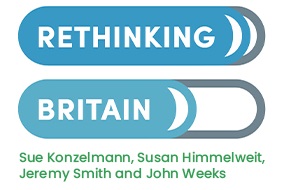
What if we had a government prepared to implement the policies that could radically change 21st-century Britain and improve people’s lives? A new book from PEF and PRIME explores those policies.
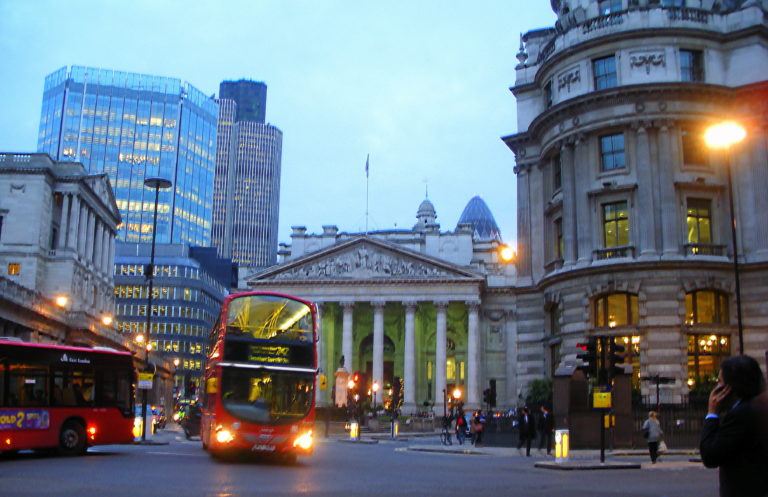
“The Office of National Statistics recently released the public debt numbers for the second quarter of this year. As I show in my forthcoming book, Debt Delusion, the media and politicians misrepresent few public policy issues as frequently as they do the public debt. The misrepresentations begin with the basics, failure to treat the debt as an asset as well as a liability.”
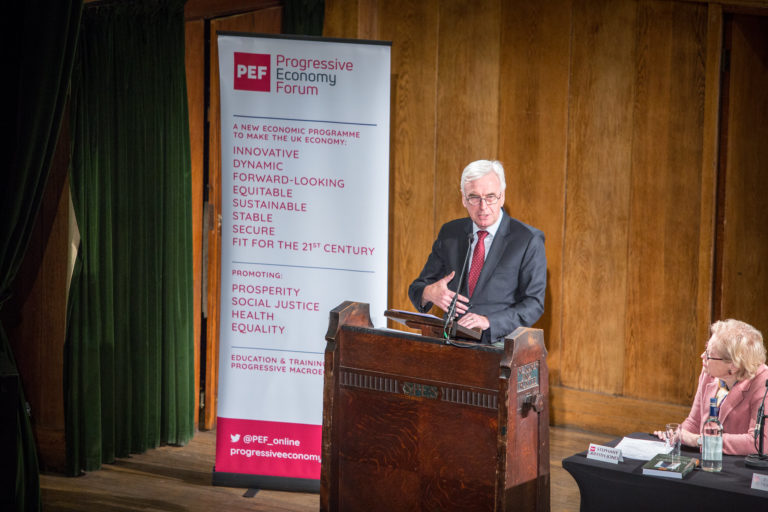
“The United Kingdom is an outlier amongst developed and emerging economies, especially the most successful ones, in not having a national development bank.”
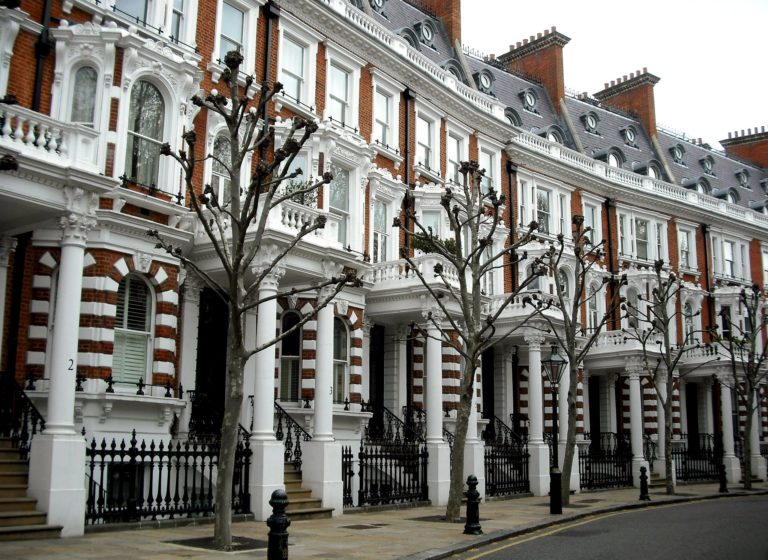
“Any incoming progressive government will face massive social challenges. Leaving aside green issues, the biggest of these will be the income and wealth inequality that is crippling our society and leaving many in poverty.”
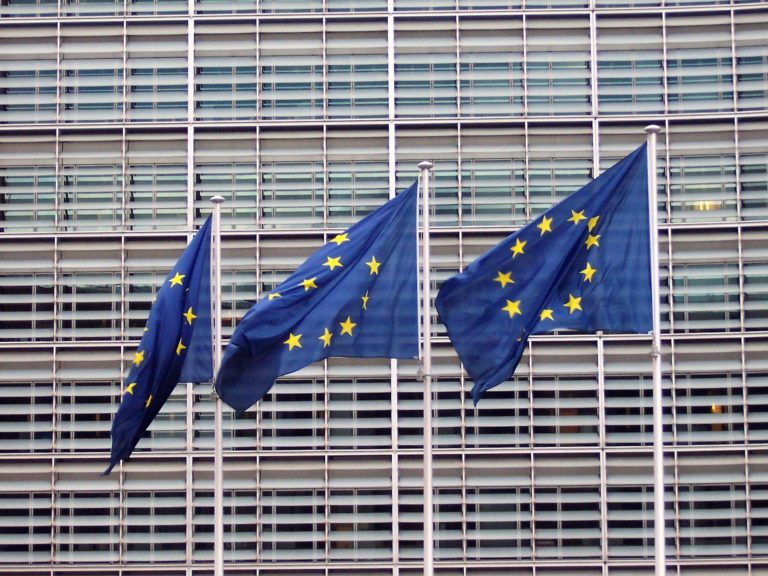
“The financial and legal barriers to an ambitiously sized British NIB are not as challenging as might have been thought. Given this, whatever happens in regard to Brexit, it would seem the time is right to create such an institution to support British industry and help create a more investment-led growth model.”
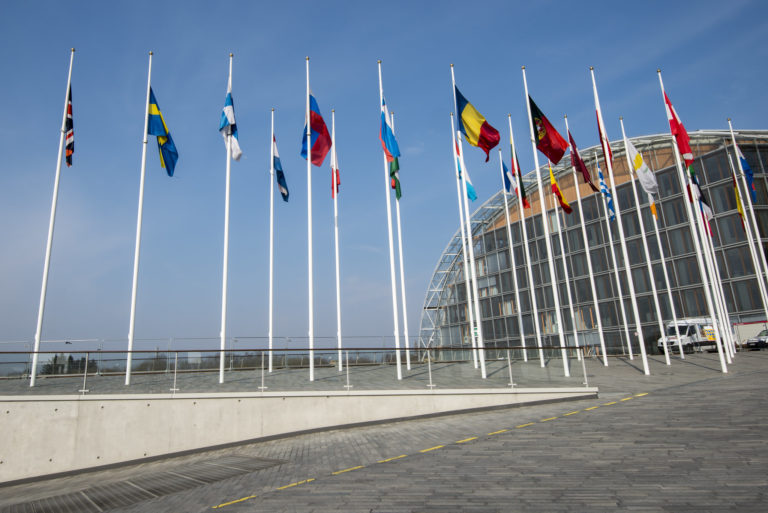
“Support for national and multilateral development banks has grown worldwide in the decade since the global financial crisis. And the continued success of national development banks (NDBs), in particular, will be vital to achieve more sustainable economic growth in the future.”

How might a Green New Deal be imagined in the UK context? And what are the challenges that would face advocates of the GND given the current political and institutional climate?

“In recent years, even organisations like the IMF and the World Economic Forum have recognised the dangers of inequality. In particular, they have both drawn attention to both the high and rising inequality caused by austerity, and its damaging effects on both social cohesion and economic growth.”
© copyright Progressive Economy Forum & respective authors.
To see how we use cookies on this website, view our Privacy Policy.
We use cookies to personalise your experience, by using our website you agree to the terms and conditions set out in our privacy policy.